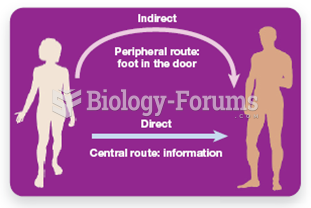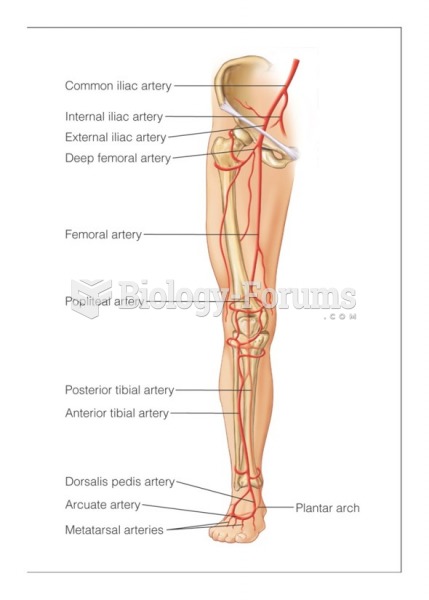This topic contains a solution. Click here to go to the answer
|
|
|
Did you know?
Interferon was scarce and expensive until 1980, when the interferon gene was inserted into bacteria using recombinant DNA technology, allowing for mass cultivation and purification from bacterial cultures.
Did you know?
If you could remove all of your skin, it would weigh up to 5 pounds.
Did you know?
Cocaine was isolated in 1860 and first used as a local anesthetic in 1884. Its first clinical use was by Sigmund Freud to wean a patient from morphine addiction. The fictional character Sherlock Holmes was supposed to be addicted to cocaine by injection.
Did you know?
There are more bacteria in your mouth than there are people in the world.
Did you know?
The human body produces and destroys 15 million blood cells every second.







